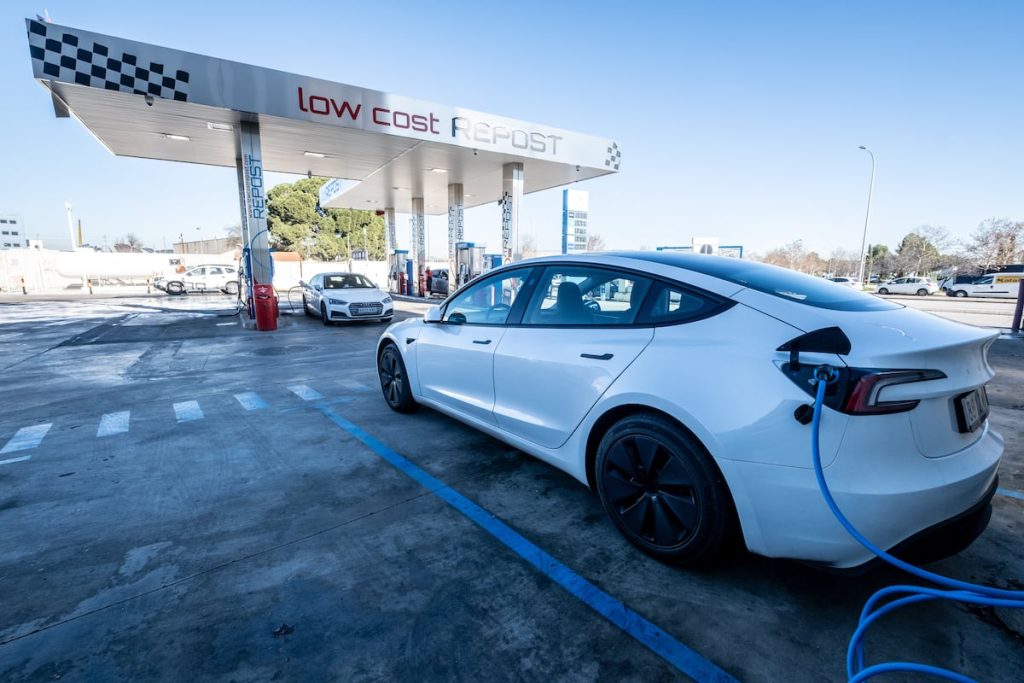The transformation towards a low-carbon economy is a priority for the European Union (EU) and its member states, committed to the Paris Agreement to achieve net zero carbon emissions by 2050. This shift requires a deep review of economic sectors, especially transportation, which accounts for a significant proportion of greenhouse gas emissions in Europe. Despite efforts in other areas to reduce emissions, the transportation sector has experienced a steady increase since 1990. Electrification of land transport emerges as a key solution to mitigate emissions, as technologies like electric vehicles have shown their ability to improve air quality and reduce negative externalities associated with fossil fuels. Spain, with its abundance of renewable resources, is strategically positioned to lead this transition and reduce its dependency on energy imports.
The change towards more environmentally friendly and efficient transportation not only has environmental benefits but also economic and social ones. With Spain having abundant sunlight, one of the largest lithium deposits in Europe, and being third in renewable energy generation capacity in Europe, the question arises: why continue importing fossil fuels like oil and natural gas in a time of climate crisis and rising geopolitical tensions? Internalizing the battery supply chain in Europe would not only reduce carbon emissions but also create jobs and stimulate innovation in high-tech and sustainability sectors. Shortening supply chains and promoting local battery and component production would strengthen Europe’s strategic autonomy and ensure compliance with rigorous environmental and social standards.
As we opt for a more sustainable future, an ethical and moral responsibility debate arises. Should we prioritize the long-term well-being of the planet and its inhabitants, or cling to economic models that contribute to climate change and environmental degradation? This dilemma becomes relevant in the context of European elections, where citizens of all member states have the opportunity to influence the region’s political and economic direction. Accelerating the ecological transition is synonymous with well-being, while delaying it only diminishes our resilience against global warming, extreme climate events, and energy and raw material supply variations.
Setting ambitious electrification goals for companies with large vehicle fleets through leasing is crucial for moving towards zero emissions. This will also democratize electric vehicles, as these vehicles can feed into a growing used vehicle market at the end of the leasing period. Implementing tax incentives for companies and introducing a social leasing program targeting low-income groups are suggested solutions to make the transition to electric mobility more accessible and equitable for all sectors of society. This program could be part of a climate social plan, partially funded by the EU. Electrifying corporate fleets and adopting social leasing will increase Spain’s currently low electric vehicle registration rate, stimulate manufacturers to produce more affordable vehicles, and promote the creation of quality jobs with future prospects.
In conclusion, transitioning to a low-carbon economy is a urgent challenge, and electrifying transportation and internalizing the battery supply chain emerge as two key strategies to achieve this goal. It is crucial for both the EU and its member states to take decisive action in this regard, seizing opportunities like the Spanish draft law on industry and strategic autonomy or the sustainable mobility law to steer towards a cleaner and more sustainable future. After the upcoming elections, Members of the European Parliament will implement policies chosen by their voters. All these aspects should be considered when casting our ballots.














